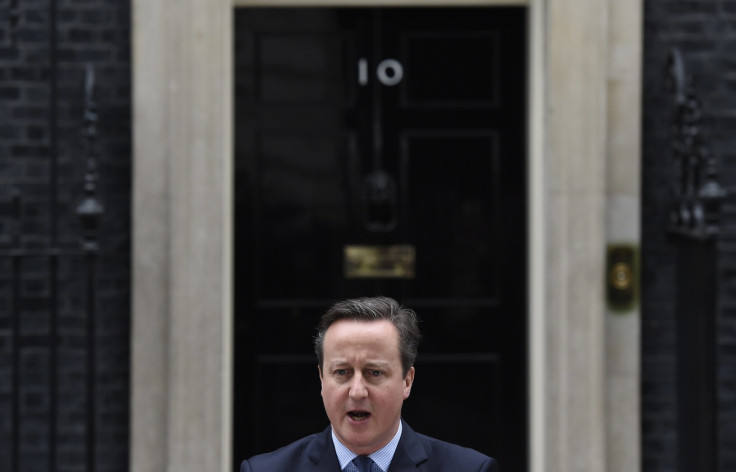EU referendum: Europe worries that the British vote could decide future of the European Union

David Cameron's EU renegotiation deal has met with mixed reactions in mainland Europe, with analysts and politicians divided between fears that the 23 June referendum could signal the beginning of the end for the European project, and hopes it would instead inspire much-needed reforms.
In France, President Hollande said that although the package granted London a special status within the 28-nation bloc, it also safeguarded the union's founding principles. "There are no exceptions to the rules," he said. Left-leaning newspaper Le Monde disagreed, arguing that the concessions granted were "not insignificant" and set a precedent for a "Europe à la carte" model that other countries could exploit.
Conservative Le Figaro said it was a lose-lose situation for the EU. "If Britain remains in the EU on the conditions it has been offered, it kills it. If it leaves, it kills it too," it wrote in an editorial entitled The Kiss Of Death. The newspaper argued the spectre of a Brexit threatened to boost anti-European movements across the continent, underscoring how France's far-right Front National party was already talking of 'Franxit'.
Emerging from negotiations, German Chancellor Angela Merkel said: "I do not think that we gave too much to Great Britain." Her view was supported by Munich-based Süddeutsche Zeitung and the Frankfurter Allgemeine Zeitung, headquartered in Germany's financial capital. Both newspapers maintained that the contents of Cameron's renegotiation were more smoke than fire and served the only goal of appeasing Tory Eurosceptics. At the same time, they viewed the referendum as a huge gamble and accused the British prime minister of putting "Britain's future in the EU and ultimately the future of the union in jeopardy" because of intra-party power play.
"The significance of this is unprecedented in the history of the EU," wrote Frankfurter Allgemeine Zeitung business correspondent Marcus Theurer. "If the UK goes, that would be a turning point that in the worst case could mark the beginning of the end of the European project."
Another take was provided by the Welt am Sonntag daily which instead argued that new rules set for the UK would serve well for other member states, helping EU efficiency and taking the union forward. In Italy, Prime Minister Matteo Renzi welcomed the deal as a "good compromise", saying the glass was "three-quarters full". Many view the passage as the consolidation of a two-tier system with different levels of integration that will leave more room of action to countries willing to move towards a closer union. Former prime minister and EU Commission president Romano Prodi wrote for Il Messaggero newspaper that: "Brussels has officially enshrined a multi-speed Europe."
Spain's El Pais instead wondered if diplomats had found the correct balance granting concessions to Britain that undermined EU principles while leaving the door open to a possible Brexit, with potential dire consequences for the union's stability.
© Copyright IBTimes 2025. All rights reserved.






















